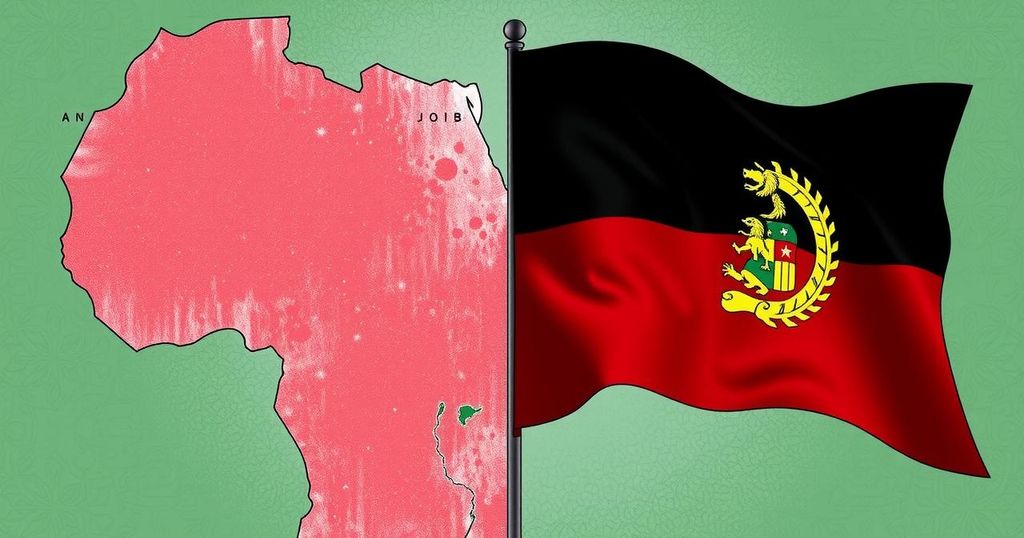Rwanda-DR Congo Peace Talks Cancelled Amid Ongoing Conflict
Peace talks between DRC and Rwanda have been canceled, highlighting a deadlock over dialogue with the M23 rebel group. Fighting has escalated, with accusations of civilian casualties amid a humanitarian crisis displacing millions. The complexity of the situation includes regional military involvements and ongoing disputes about rebel support. Civilians express urgent needs for peace to end the turmoil.
Peace negotiations intended to resolve the ongoing conflict in the eastern Democratic Republic of the Congo (DRC) have encountered significant setbacks, as confirmed by the Angolan presidency which has been mediating discussions between Rwanda and the DRC. The cancelation of the anticipated summit was announced by Mario Jorge, a media officer, although the specific reasons for this last-minute decision remain undisclosed. Notably, the talks had reached an impasse due to a Rwandan condition requiring the DRC to engage in direct dialogue with the M23 rebel group, a demand that has proven contentious and hindered progress.
The failure to convene the meeting has heightened tensions, particularly in light of increased hostilities between the DRC army and M23, which is accused of recent civilian fatalities in northern Kivu. While the DRC government maintains that M23 is supported by Rwanda, the latter has consistently denied these allegations, asserting its military presence in the region is solely for protective purposes against perceived threats from DRC forces. The complexity of this situation is exacerbated by the presence of over a hundred armed groups in eastern DRC, all competing for control over the area’s valuable mineral resources.
Furthermore, the humanitarian impact of this ongoing conflict is profound, leading to the displacement of over seven million individuals and triggering a crisis marked by severe instability. Observers, including international actors such as the United States, have expressed deep concern regarding the situation on the ground, particularly regarding violations of peace agreements that have been intended to stabilize the region. The urgency for resolution is echoed by locals such as Aline Kasereka, who articulated a desperate plea for peace amid the chaos, reflecting the broader sentiment of civilian suffering in this protracted conflict.
The prolonged conflict in the eastern Democratic Republic of the Congo (DRC) has historical roots involving numerous armed groups vying for control of rich mineral resources, complicating peace efforts in the area. The M23 rebel group has been at the forefront of recent violence, leading to accusations against neighboring Rwanda of providing military support. The DRC has frequently stated that the M23 is financed and equipped by Rwanda, a claim that Rwanda denies. Nevertheless, Rwanda admits to maintaining troops on Congolese soil primarily for national security reasons. The ongoing clashes and the involvement of various international entities, including the African Union and the United States, highlight the need for a consolidated effort to establish lasting peace in the region.
The abrupt cancellation of peace talks between Rwanda and the DRC underscores the deepening crisis in the eastern DRC, exacerbated by ongoing hostilities and humanitarian distress. With the M23 conflict continuing to escalate and national dialogues stalling, the human cost remains substantial, as exemplified by the experiences of displaced civilians. Moving forward, sustained mediation efforts and comprehensive strategies addressing both security concerns and humanitarian needs will be essential to pave the way for meaningful resolutions.
Original Source: www.aljazeera.com




Post Comment